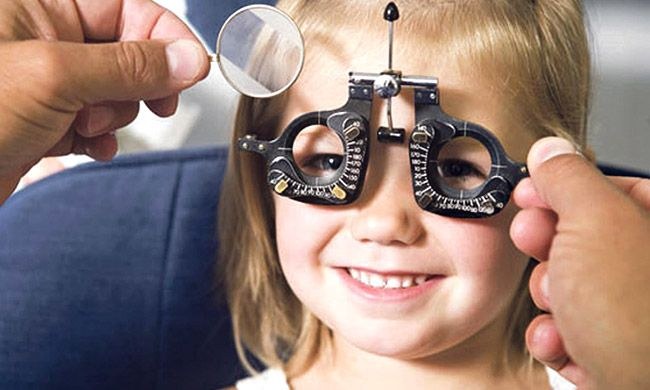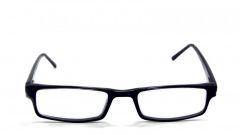Instruction
1
A prescription for glasses you can refer to the district hospital. Make an appointment with the doctor, optometrist. The specialist will check your eyesight acuity, measure intraocular pressure, the distance between the pupils, will assess the condition of the cornea and, if necessary, will prescribe the necessary treatment. It is possible that the ophthalmologist can recommend special therapeutic points or advise you to order two pairs – one for reading and one for everyday wear. Instead, you can ask for a prescription for Varifocal (progressive) lenses, which combine the functions of glasses to improve vision near and far.
2
Another option is to come on reception to the doctor in charge directly in the optical compartment. Most major specialty stores has ophthalmic office, equipped with all necessary equipment. This is a paid service, but if you order glasses in this salon, you'll get a discount or not take the money.
3
Discharged with a prescription you can go to any optical interior. If you are prescribed glasses with prism, designed for the correction of strabismus, check whether a particular salon such orders. You can choose plastic or glass lenses and order glasses with a special coating that reflects light patches.
4
If you need not only glasses but also contact lenses, do not forget to ask a doctor a private prescription. It must be specified curvature lenses. The value of diopter in the recipes may vary.
5
Prescription is perpetual. However, the ophthalmologist can recommend a routine inspection after a certain period of time. This is especially important for those who require complex lenses to correct astigmatism or prism for "lazy eye". Regular glasses correcting nearsightedness or farsightedness, it is recommended to update annually, and a prescription for them every two years.
Useful advice
Ordering sunglasses, do not throw away the recipe. It is quite possible that soon you will need another pair.




